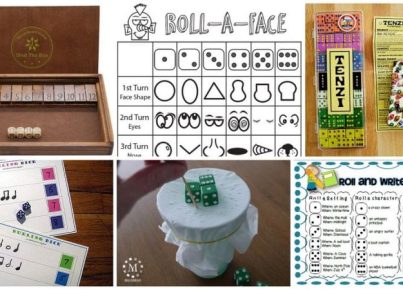Introduction:
Middle school is a crucial time for students to develop their writing skills. However, many students tend to write just enough to meet the requirements and don’t explore their full potential. As educators, it is our responsibility to guide and inspire them to write beyond the bare minimum. In this article, we will discuss five effective strategies to help middle schoolers elevate their writing abilities.
-
- Encourage Freewriting:
Freewriting is a valuable technique that can help students overcome writer’s block and unleash their creativity. Set aside dedicated time for freewriting exercises, where students can write freely without worrying about grammar or structure. This practice encourages them to explore new ideas, take risks, and develop their unique writing style.
-
- Offer Meaningful Writing Prompts:
One of the biggest hurdles for middle schoolers is finding inspiration for their writing. Provide them with thought-provoking and relatable writing prompts that resonate with their interests and experiences. By offering prompts that are meaningful to them, you can ignite their passion for writing and spur their imagination.
-
- Develop Stronger Vocabulary:
Expanding a student’s vocabulary is essential for improving their writing. Introduce them to new words regularly and encourage them to incorporate those words into their writing. Create vocabulary-building activities such as word games, word of the day, or vocabulary challenges to make it fun and engaging. A richer vocabulary will enable students to express their thoughts more precisely and vividly.
-
- Teach Proper Use of Transitions:
Transitions play a crucial role in the coherence and flow of a piece of writing. Help middle schoolers understand the significance of transitions and teach them how to use them effectively. Show examples of different transition words and phrases, and explain how they connect ideas and paragraphs. Practice exercises where students can identify and use transitions appropriately to enhance their writing’s overall fluency.
-
- Provide Constructive Feedback:
Regular feedback is essential for students’ growth as writers. Offer constructive criticism that focuses on specific areas for improvement while also acknowledging their strengths. Encourage peer feedback sessions to foster a collaborative learning environment. By providing guidance and highlighting areas of growth, you can motivate middle schoolers to refine their writing skills continuously.
Conclusion:
By implementing these five strategies, educators can help middle schoolers go beyond the bare minimum when it comes to writing. Empowering students to write creatively, providing meaningful prompts, expanding their vocabulary, teaching proper use of transitions, and offering constructive feedback will enable them to develop into proficient and confident writers. Let’s inspire a new generation of aspiring writers who can express their ideas effectively and eloquently.





